“Is the world a binary that you can control, and is power a scarce resource? Or is there a third way, and is the ultimate ground of truth held in paradox, the tekhne of thinking, the tekhne of thought and language (which is a technology)?
I have a deep-felt sense that that [tech] in and of itself is inadequate. And yet it is the only bridge upon which we can walk to meet each other, and so we have to walk it and use it, but we know that it’s broken. There’s something that drives you crazy about that.”
Seth Braverman speaks with a conceptual fluency that makes me feel as though he could suddenly shift from English to a language I don’t know and I’d still get exactly what he was saying. This is not just a matter of his rhythm, of being simply borne along by the musical force of his queries and convictions—not a matter of charisma (even if his voice does have the sonority of a woodwind). It’s not an aesthetic flow, but an essential one.
Seth’s tenure as Reader in Residence (April 2022) shone a special light on the copula1 of “reading is art,” the philosophical predicate of the residency: that the reader is an agent, equal to the writer, in the creative act of meaning. One’s very being (isness) animates the bond between attention and realization. To hyperextend Ezra Pound’s notion of logopoeia,2 reading and writing are partners in the dance of literature. And Seth is a ballerino.
To ask what sort of art one should practice is, for Seth, to ask what sort of being one is. It follows that before we rush to answer the first part, we should consider the second. What sort of beings are we? Contingent; capable; conscious. What sort of art should we make? Communion.
*
Authors/artists discussed: David Abram, John Cleese, Adrienne Rich, Bessel van der Kolk, Herman Melville, Christian Wiman, George Oppen, Daniel Defoe, Akilah Oliver, Walter Benjamin, Basil Bunting, Gertrude Stein
A connecting word, in particular a form of the verb be (e.g. “is”) connecting a subject and complement.
“the dance of the intellect among words” (How to Read, 1928)






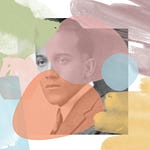


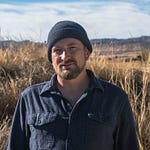
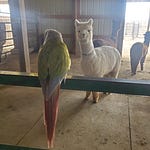
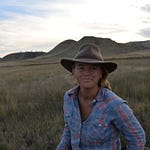
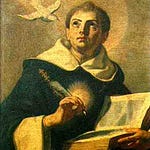
Share this post